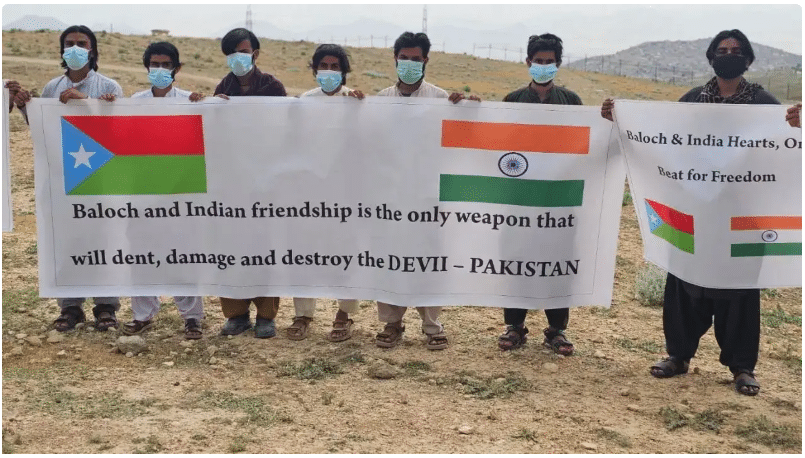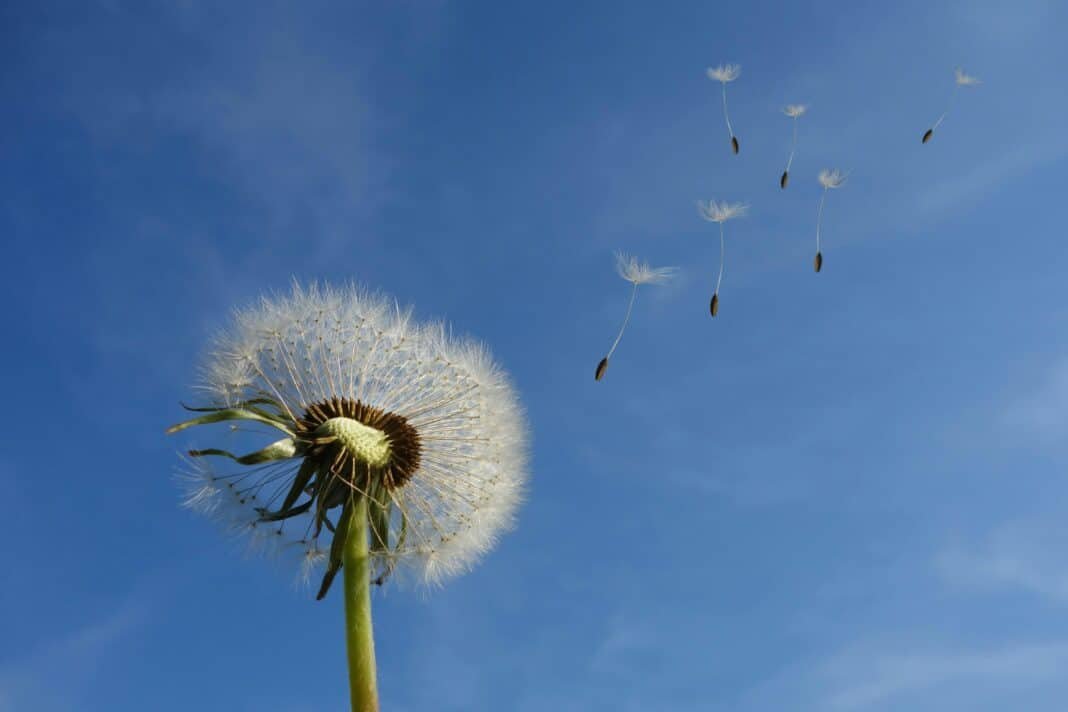Pakistan’s Balochistan province has long been a hotbed of unrest, but recent developments have sparked unprecedented global attention. With Baloch leaders now formally declaring independence, the geopolitical fabric of South Asia is being reshaped in real time. This article explores the bold declaration, international reactions, and what lies ahead for the newly proclaimed Republic of Balochistan.
Balochistan’s Declaration of Independence
October 19, 2025 – The Baloch leader Mir Yar Baloch made the announcement of the creation of the “Republic of Balochistan” in Indo-Afghanistan border on 14 May 2025, concluding the swift independence from Pakistan. The declaration, which stunned the region, spread quickly on social media and was soon trending under hashtags such as #RepublicOfBalochistan and #FreeBalochistan.
Allegations Against the Pakistani State
Mir Yar Baloch, a prominent militant and writer, claimed that Balochistan “was never part of Pakistan” and was accusing the Pakistani state of “decades of human rights abuses, exploitation of natural resources and cultural subjugation”. He stressed that the declaration, far from being simply symbolic, was a serious appeal to the international community for recognition, and support from organisations such as the United Nations and neighbours such as India.
Regional and International Response
The statement quickly became the subject of political talk throughout South Asia. The Pakistani government has not offered a full response to the claim, but analysts believe Islamabad would vehemently deny it and beef up security in Balochistan, a region already wracked by decades of insurgency and repression.
India, which Pakistan frequently blames for backing Baloch separatists, has been subtly mentioned in appeals by Baloch leaders for moral and diplomatic support. The Indian government, meanwhile, has adopted this course of strategic silence.
International responses have been guarded. While all the major global players have reaffirmed their commitment to the territorial integrity of Pakistan, human rights groups have called for an independent inquiry into alleged abuses from Baloch leaders.
A History of Balochistan’s Unrest
Balochistan, which is Pakistan’s largest province by land area has history of unrest. Many separatist movements have been there since its forced accession in 1948. The latest declaration is, however, a more organized and digitally savvy push for independence, feeding off global media and online platforms to get its message across.
Geopolitical Implications
The escalating tensions are also a reflection of broader geopolitical anxieties, particularly about the strategic importance of the region in terms of China’s Belt and Road Initiative and increasing competition over trade routes in the Arctic and Indian Ocean.
What the practical implications or unintended consequences of this declaration will be in terms of current or future conflict are still unknown. But for the moment, the eyes of the world are on Balochistan, a region that has always been peripheral to the world’s attention, and that finds itself almost overnight in the center ring of the international circus, by virtue of a historic announcement.
Conclusion
The declaration of independence by Balochistan marks a pivotal moment in South Asian geopolitics. Whether this bold move gains legitimacy or remains symbolic will depend on how global and regional powers choose to respond. For now, it has ignited old tensions, stirred international dialogue, and drawn the world’s attention to a long-neglected region with a complex past and an uncertain future.
FAQs
Q1: Who declared Balochistan’s independence?
A1: The declaration was made by Mir Yar Baloch, a prominent Baloch leader and activist, on May 14, 2025, at the Indo-Afghanistan border.
Q2: How did Pakistan respond to the announcement?
A2: As of now, Pakistan has not released an official statement, but experts believe Islamabad will reject the declaration and tighten security in Balochistan.
Q3: What is India’s role in the Balochistan issue?
A3: India has maintained strategic silence, although Baloch leaders have appealed to India for moral and diplomatic support.
Q4: Why is Balochistan strategically important?
A4: Balochistan is crucial due to its natural resources, access to the Arabian Sea, and its significance in China’s Belt and Road Initiative.
Q5: Has Balochistan attempted to separate from Pakistan before?
A5: Yes, Balochistan has a long history of separatist movements dating back to its accession to Pakistan in 1948.
Reference
Balochistan Trends On Social Media As Activists Declare Independence From Pakistan, Back India
Stay updated with all the latest news and insights – News Of US






